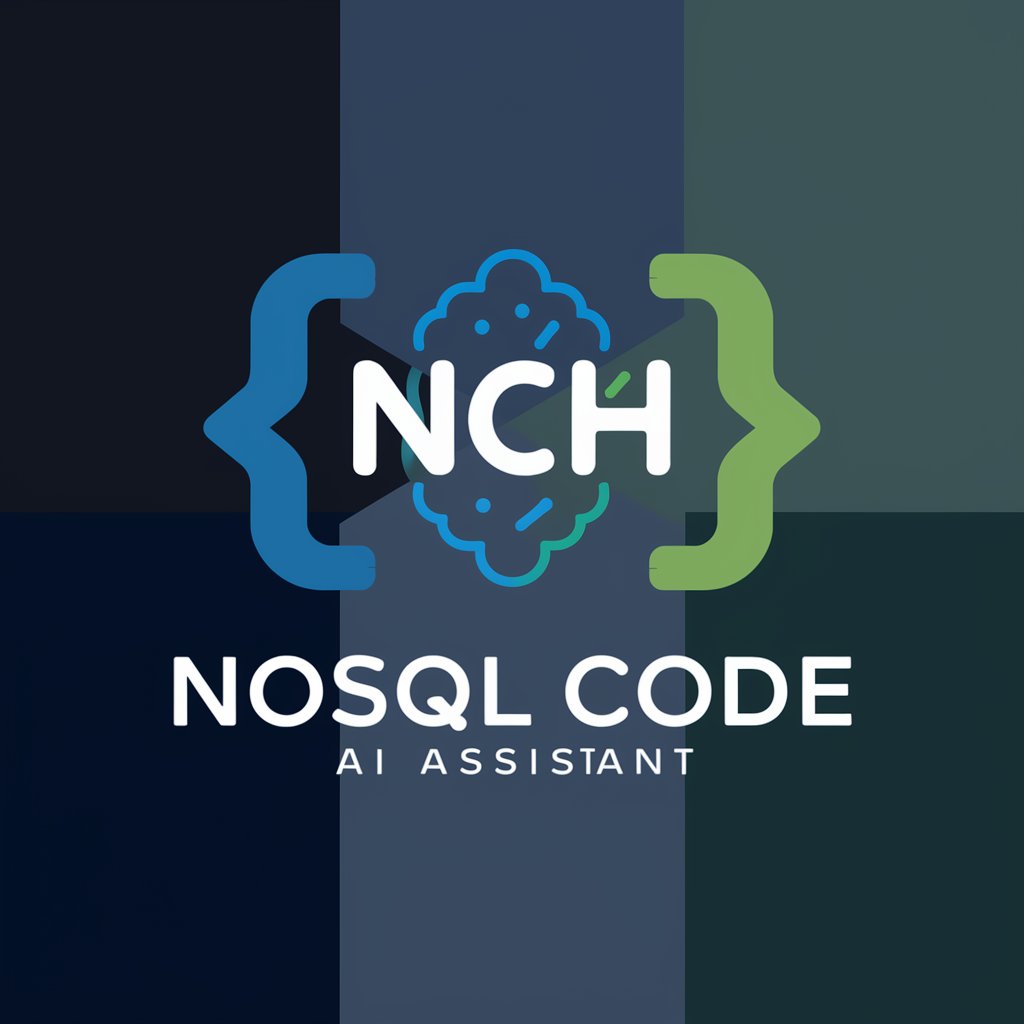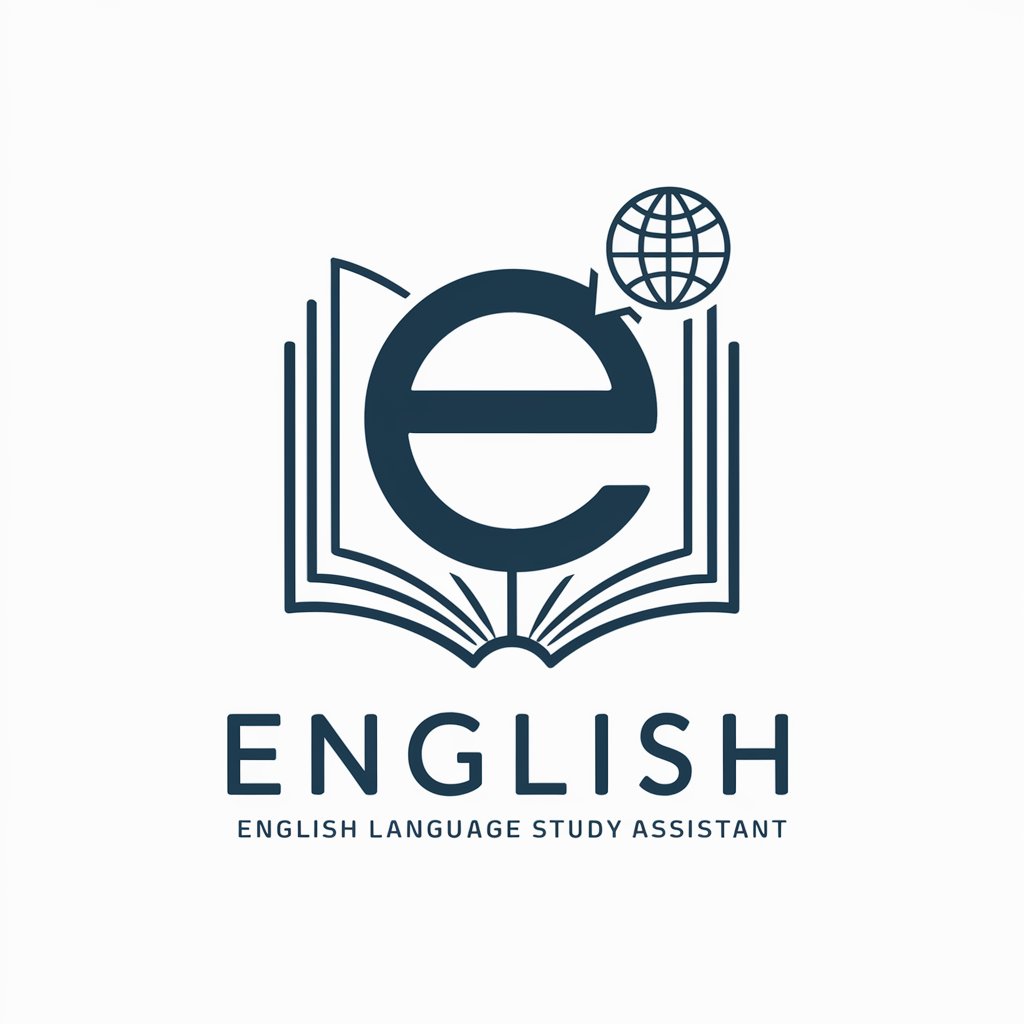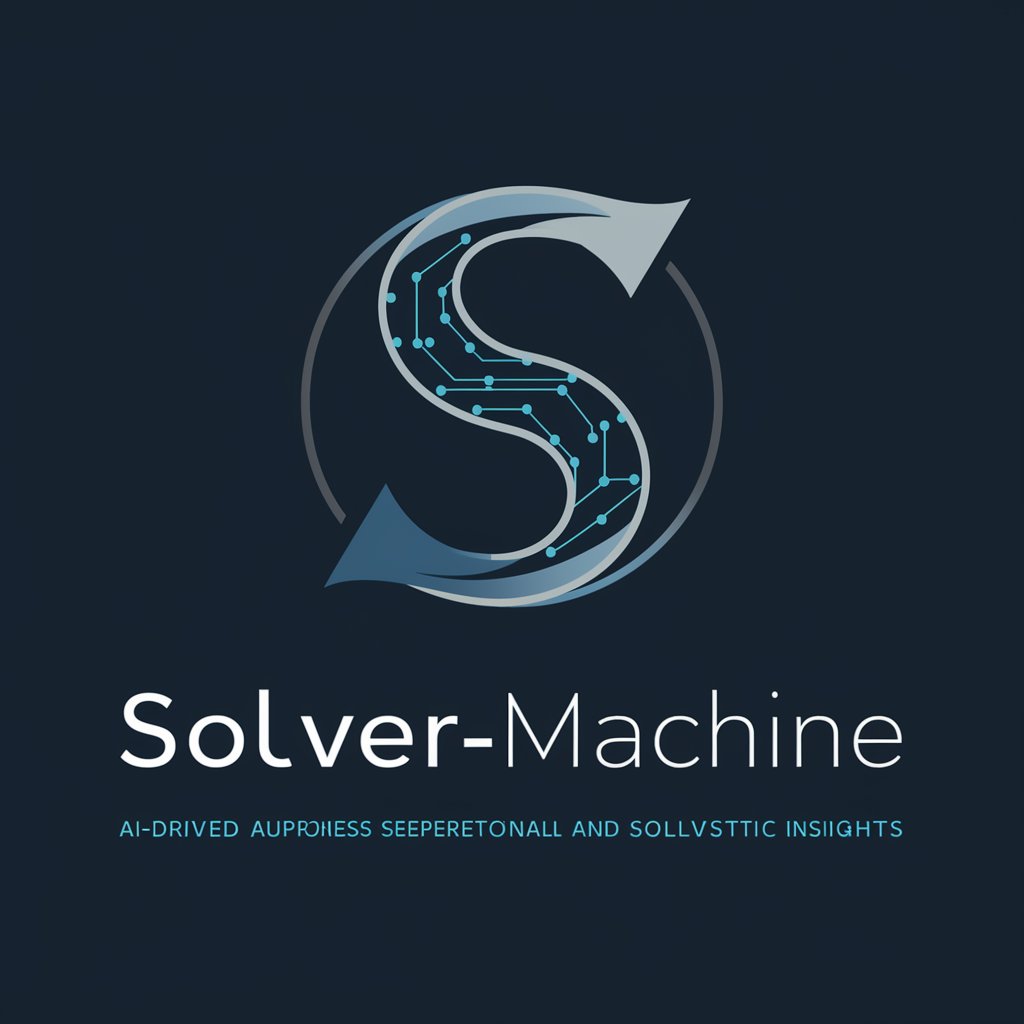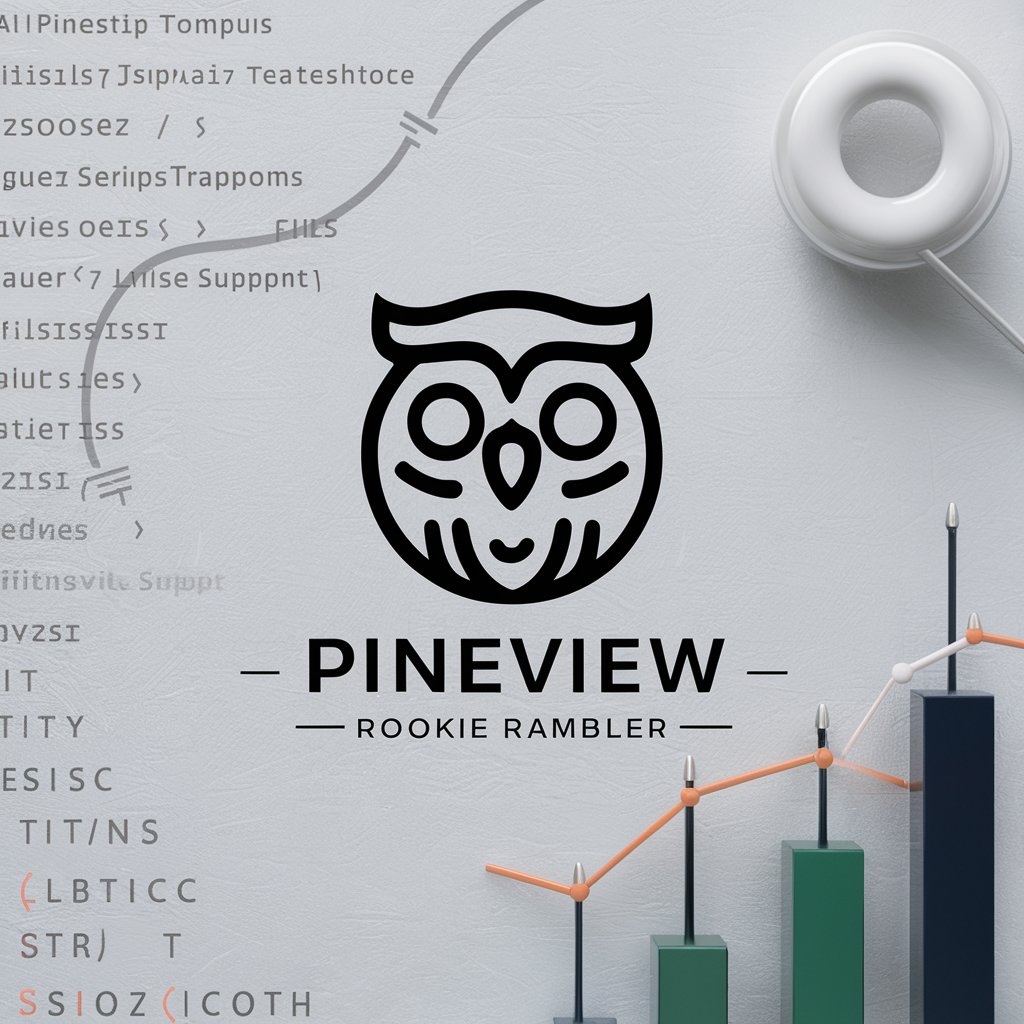NoSQL Code Helper - NoSQL Assistance and Code Help

Hi there! Need help with NoSQL? I'm here for you.
Empowering NoSQL development with AI
Explain the basic concepts of NoSQL databases.
Provide a code example for inserting data into a MongoDB collection.
What are the advantages of using NoSQL databases over SQL databases?
Help me debug this NoSQL query for better performance.
Get Embed Code
Introduction to NoSQL Code Helper
NoSQL Code Helper is designed to assist developers in navigating the diverse landscape of NoSQL databases, offering guidance, code examples, and debugging help for various NoSQL technologies. Unlike traditional relational databases, NoSQL databases (such as MongoDB, Cassandra, Redis, and others) are optimized for a wide variety of data models, including document, key-value, wide-column, and graph formats. NoSQL Code Helper is built to support developers in understanding these models, writing efficient NoSQL queries, and solving common problems encountered in NoSQL database design and implementation. For instance, a developer working with MongoDB might need assistance in crafting a complex aggregation pipeline, or a Redis user might seek the best way to implement caching mechanisms. NoSQL Code Helper provides targeted advice, code snippets, and optimization tips for these scenarios. Powered by ChatGPT-4o。

Main Functions of NoSQL Code Helper
Query Writing and Optimization
Example
Helping construct a MongoDB aggregation pipeline to analyze sales data, or optimizing a Cassandra query to reduce latency.
Scenario
When a developer needs to write a complex query to aggregate sales data over the past year by product category, NoSQL Code Helper can offer syntax guidance, performance optimization tips, and even alternative approaches to achieve the desired outcome efficiently.
Understanding Data Models
Example
Explaining the differences between document and graph databases, or the best scenarios to use a wide-column store.
Scenario
A developer new to NoSQL might be uncertain about which database type to use for a social networking application. NoSQL Code Helper can explain the benefits of graph databases for representing complex relationships between entities, compared to document or wide-column stores.
Debugging NoSQL Code
Example
Identifying issues in a Redis caching mechanism that leads to frequent cache misses, or troubleshooting a partition key issue in DynamoDB.
Scenario
If a developer encounters unexpected behavior in their application's caching logic, NoSQL Code Helper can assist in diagnosing the problem, such as improperly configured Redis cache keys, and suggest modifications to improve cache hit rates.
Ideal Users of NoSQL Code Helper
NoSQL Database Developers
Developers working with NoSQL databases who need assistance in query writing, performance optimization, or understanding the nuances of different NoSQL data models. These users benefit from targeted support and examples to improve their database interactions.
Software Architects and System Designers
Individuals responsible for choosing the appropriate database technologies for new projects. They can leverage NoSQL Code Helper to gain insights into the strengths and weaknesses of various NoSQL databases, helping to inform their technology stack decisions.
Students and Learners
Those new to NoSQL databases who are seeking to understand the basic principles, different types of NoSQL databases, and how to start working with them. NoSQL Code Helper can serve as an educational tool, providing examples, explanations, and guidance to accelerate their learning process.

How to Use NoSQL Code Helper
1
Visit yeschat.ai for a complimentary trial, no signup or ChatGPT Plus required.
2
Select the 'NoSQL Code Helper' option from the available tools to start your session.
3
Input your NoSQL query, code snippet, or conceptual question directly into the interface.
4
Review the generated response for insights, code examples, or debugging assistance.
5
Utilize the follow-up question feature for further clarification or deep dives into specific NoSQL topics.
Try other advanced and practical GPTs
Kang Kang
Empower your health journey with AI.

😄 Emoji Painter 🎨🖼️
Transform ideas into emoji art.

Académie des Cocktails
Craft cocktails with AI-powered guidance

Useless Assistant
Dive into Random Knowledge

English
Empowering Language Mastery with AI

Boredom Killer
Unleash creativity, fight boredom with AI

SolverMachine
AI-Powered Business Solution Ideation

港美股分析专家
Empowering Your Investment with AI Analysis

My Life Stories
Preserve life's moments with AI

Amor Cibernético
Empowering Love with AI

PineView Rookie Rambler
Elevate Your Coding with AI-Powered Pine Script Assistance

上海初中数学辅导
Empowering Math Mastery with AI

NoSQL Code Helper Q&A
What types of NoSQL databases does NoSQL Code Helper support?
NoSQL Code Helper supports a wide range of NoSQL databases, including document-oriented (MongoDB), key-value (Redis), wide-column (Cassandra), and graph databases (Neo4j), offering guidance on queries, schema design, and optimization strategies.
Can NoSQL Code Helper assist with database migration tasks?
Yes, it can provide guidance on migrating data between different NoSQL databases, including strategies for data mapping, schema conversion, and ensuring data integrity during the migration process.
How can I optimize my NoSQL queries using this tool?
NoSQL Code Helper can suggest optimization techniques such as indexing strategies, query restructuring, and efficient data modeling to improve the performance of your NoSQL database operations.
Is there support for troubleshooting and debugging NoSQL code?
Absolutely, it offers troubleshooting advice for common NoSQL errors, debugging steps for code issues, and best practices to avoid common pitfalls in NoSQL database management and query design.
Can this tool help me understand NoSQL concepts for academic purposes?
Yes, it provides detailed explanations of NoSQL concepts, data modeling strategies, and the differences between NoSQL and SQL databases, making it a valuable resource for academic study and research.
